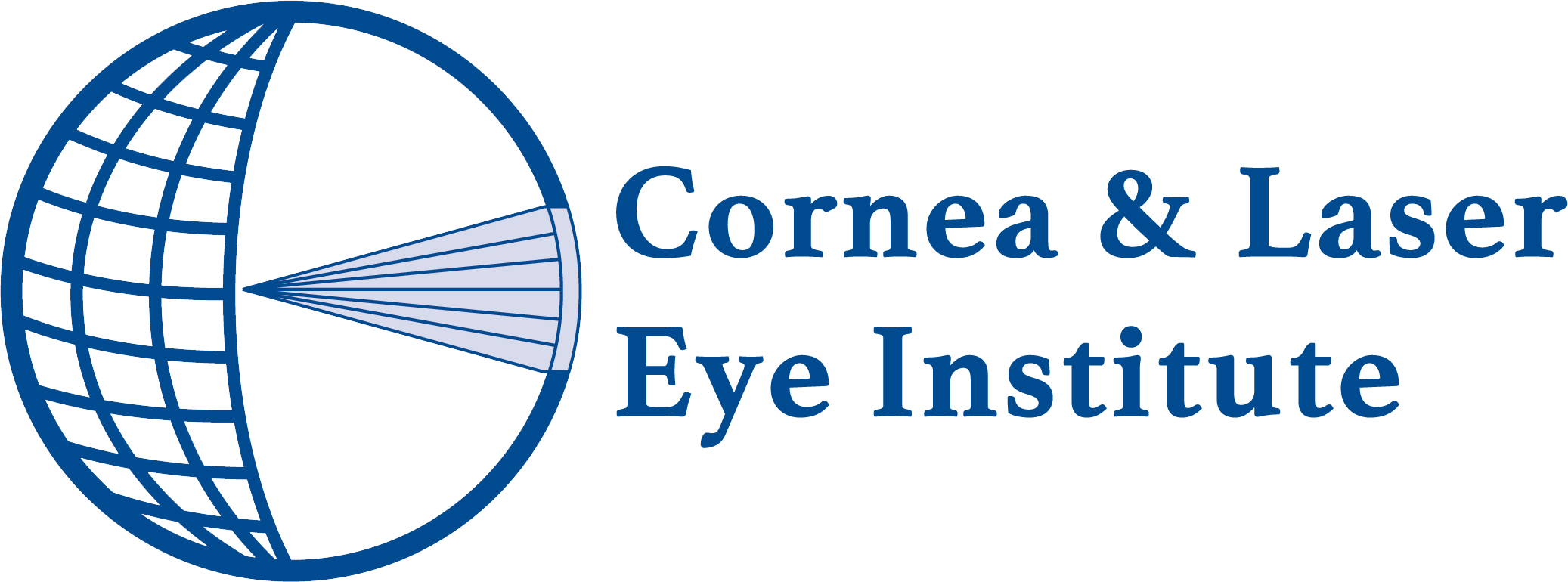
What are Cataracts and How Do They Affect Vision?
Cataracts are a common eye condition that affects the natural lens of the eye, causing it to become cloudy and opaque. This clouding of the lens can significantly impair your vision, making it difficult to perform everyday tasks like reading, driving, and recognizing faces. As cataracts progress, they can lead to increased glare, sensitivity to light, and vision loss if left untreated.
Cataracts are typically associated with aging, but they can also develop due to other factors such as eye injuries and certain medical conditions.

The Importance of a Cataract Test and How It Is Performed
To determine if you have cataracts and the extent of the condition, your eye doctor will perform a comprehensive cataract examination. This examination typically involves the following steps:
- Visual acuity test: Your doctor will measure your ability to see clearly at different distances using an eye chart.
- Slit-lamp examination: A specialized microscope called a slit-lamp is used to examine the structures of your eye, including the lens, to detect the presence and severity of cataracts.
- Pupil dilation: Your doctor will dilate your pupils with eye drops to get a better view of the lens and other internal eye structures.
- Tonometry: This test measures the pressure inside your eye, which can provide valuable information about your eye health.
Testing for cataracts is essential in determining the best course of treatment for your specific condition. By understanding the extent of your cataracts, your eye doctor can recommend the most appropriate surgical option and guide you through the preparation and recovery process.

Exploring Cataract Surgery Options
One important step that shouldn’t be overlooked when preparing for cataract surgery is to explore all of the surgical techniques and lens options available to you. CLEI’s expert team of surgeons use the latest technology to perform premium laser cataract surgery, or femtosecond laser-assisted cataract surgery (FLACS). We utilize advanced laser technology to perform several steps of the procedure with increased precision including making incisions for astigmatism correction, breaking up the clouded lens, and creating the opening for the intraocular lens (IOL) implantation. The femtosecond laser’s unmatched precision in cataract surgery can improve the procedure’s overall accuracy, predictability, and safety, resulting in better visual outcomes and a smoother recovery for many patients.
Another key decision in the cataract surgery process is choosing the intraocular lens (IOL) to replace your natural lens. There are various types of IOLs available, each offering distinct features and benefits. These include toric lens implants for astigmatism correction, multifocal, trifocal, and monofocal lens implants for vision correction, and the Light Adjustable Lens (LAL). CLEI’s team of experts will work with you to choose the right implant option for you and your specific needs. Feel free to schedule an appointment today.
Preparing for Cataract Surgery: What to Expect and How to Get Ready
Once you and your eye doctor have decided on the best cataract surgery option, it’s time to prepare for the procedure. This preparation process typically involves the following steps:
- Pre-operative eye exam: Your doctor will conduct a comprehensive eye exam to measure the size and shape of your eye, as well as determine the appropriate IOL for your specific needs.
- Medication review: Your doctor will review your current medications, including any blood thinners, prostate medications, or eye drops, and provide guidance on how to manage them before and after the surgery.
- Pre-operative instructions: Your doctor will provide detailed instructions on how to prepare for the surgery, including any dietary restrictions, eye drop regimen, and arrangements for transportation on the day of the procedure.
- Anxiety management: Cataract surgery is a common and safe procedure, but it’s normal to feel some anxiety. Your doctor can provide strategies to help you manage your concerns and feel more at ease.
By following your doctor’s pre-operative instructions and taking an active role in your preparation, you can help ensure a smooth and successful cataract surgery experience.
What Happens During the Cataract Surgery Procedure?
On the day of your cataract surgery, you can expect the following steps to take place:
- Arrival and check-in: You’ll arrive at the surgical facility and check in, where the staff will guide you through the necessary paperwork and preparations.
- Anesthesia and eye numbing: Your eye will be numbed with eye drops or a local anesthetic injection to ensure your comfort during the procedure.
- The surgery: A CLEI surgeon will use the femtosecond laser to make a small incision in the eye and break up the clouded lens, after which it will be removed and replaced with an artificial IOL.
- Monitoring and recovery: After the surgery, you’ll be moved to a recovery area where the staff will monitor your progress and provide any necessary post-operative care.
The entire cataract surgery procedure typically takes less than 30 minutes, and you’ll be able to return home the same day, often with significant improvements in your vision.
Cataract Surgery Recovery: Tips for a Smooth and Successful Healing Process
After your cataract surgery, it’s essential to follow your doctor’s post-operative instructions carefully to ensure a smooth and successful recovery. This may include:
- Using prescribed eye drops to prevent infection and reduce inflammation
- Avoiding strenuous activities or heavy lifting for a specified period
- Wearing protective eyewear, such as sunglasses or a shield, to shield your eyes from bright light and dust
- Attending follow-up appointments to monitor your progress and ensure proper healing
Your doctor will provide you with a detailed recovery plan and timeline, and it’s important to adhere to these guidelines to minimize the risk of complications and achieve the best possible visual outcome.
The Role of the Best Cataract Surgeons in NJ in Ensuring a Successful Outcome
When it comes to cataract surgery, the skill and experience of your surgeon play a critical role in the success of the procedure and your overall visual outcome. The best cataract surgeons in New Jersey, for example, are renowned for their expertise in performing advanced surgical techniques, utilizing the latest technologies, and providing personalized care to each patient.
CLEI’s skilled professionals will work closely with you throughout the entire process, from the initial consultation to the post-operative follow-up appointments. We will carefully evaluate your eye health, discuss your visual goals, and develop a customized treatment plan to address your specific needs. Additionally, we have access to the most advanced surgical tools and techniques, ensuring a precise and efficient procedure with minimal complications.
Choosing the experienced and reputable cataract surgeons here at CLEI will give you added confidence in the success of your surgery and the restoration of your clear, sharp vision.
Conclusion: Regaining Clear Vision Through Cataract Surgery
Cataract surgery is a life-changing procedure that can restore your clear vision and improve your quality of life. By understanding the condition, preparing for the surgery, and working with an experienced cataract surgeon, you can take the first steps towards regaining your visual independence and enjoying the world around you with renewed clarity.
If you or a loved one are experiencing the effects of cataracts, don’t wait to take action. Schedule a consultation with the best cataract surgeons in New Jersey today, right here at CLEI, to discuss your treatment options and start your journey towards clearer and sharper vision.





